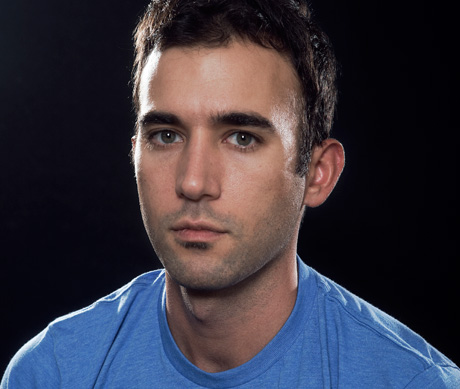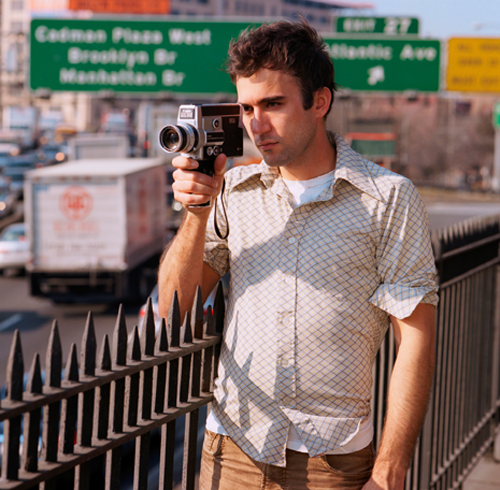good afternoon,
This week, the Mich Vish Interracial Morning Show! is pleased to welcome Sufjan Stevens back to the program at 8:05 AM EST.

Sufjan Stevens
This interview was conducted a couple of weeks ago for a piece in the new issue of Exclaim! Magazine. The conversation covered a range of topics and here are some brief excerpts from our chat:
On hip-hop culture and his recent use of Auto-Tune:
“I don’t listen to hip-hop. I’m aware of it peripherally; it’s such a massive part of popular culture with such a huge influence. So, I’m obviously aware of it. I think there’s massive collaboration now between all kinds of artists and hip-hop is especially known for its malleability and accommodation for all other kinds of music. So, I feel it’s kind of normal to bring in dance, vocoders, and Auto-Tune; it’s just part of today’s musical culture.”
On calling his own new music “crazy” on-stage:
“It’s the kind of music for psychological discursion. I’m really focused on instinct and impulse on this record and the psychology of my interior life and dealing with basic primal needs, like touch, feel, or sensation. Because of that, there’s a kind of madness that’s induced in the process of working through this material. With the sound as well, I’m utilizing less banjo, piano, and guitar, and more synthesizers, pedals, and drum machines. The sonic quality has this hysterical, frenetic madness to it.”
On taking his music in a surprisingly electronic, new direction:
“Hopefully people can understand that decision because I feel like I’ve earned it in some ways. I’ve just grown to perceive a lot of my previous work as being really fussy and studious and that the safety of the pretension of scholarship, history, or geography—the veneer of all that started to feel really fake. I felt like, through the process of conceptual songwriting, I’d lost sense of my self. So, this record is extremely self-centred, almost to the point where it’s kind of grotesque; some of it’s a little bit embarrassing. But I feel like it’s, in some ways warranted, and also completely necessary for me personally.”
On his new songs and whether they intertwine woes from his personal life and recent illness:
“Oh certainly. I mean the fact that the songwriting process over the past year has been like a therapy session, explains my approach where I use music as a psychological language to work out personal problems. The song is a vernacular, a language in itself that creates its own symbols that ordinary conversations can’t manage. I’ve seen therapists and gone to doctors and there’s a limit to what I can communicate in that context. But the song allows for a real deepening and broadening of language and it allows me to work through this love sickness that I wouldn’t be able to otherwise.”
So yes, you’ll hear Sufjan discuss all of this and more on this week’s show. To learn more about listening live or downloading/streaming this show later, please visit this link or perhaps even this link to hear this and/or other recent episodes.
thanks a lot,
vk
Podcast: Download
Subscribe: Apple Podcasts | RSS




